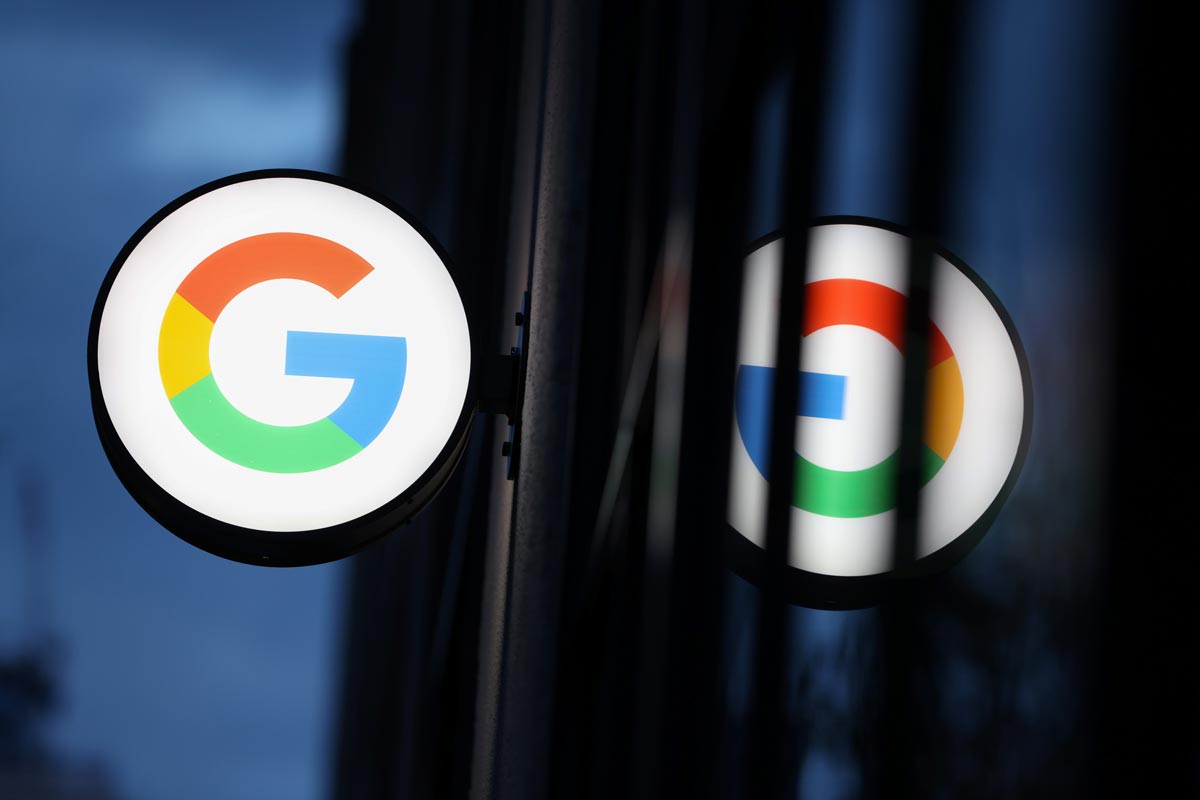
For many internet users, Google Chrome has long been the go-to browser. They arrived and stayed…but maybe not for much longer…perhaps!
For some time now, the U.S. Department of Justice (DOJ) has been pushing for Google to divest its browser, citing concerns over its monopoly in the industry and potential security risks. If successful, this could fundamentally reshape how we experience the internet. After all, much of our work and usage revolves around Chrome—whether on Windows, macOS, Linux, or Android.
But how did we get here? And what does this mean for Google, its competitors, and everyday users?
The Roots of the DOJ’s Antitrust Case Against Google
To understand why Google is facing pressure to separate from Chrome, we must go back to its core business model. Google doesn’t just own Chrome; it dominates search, online advertising, and mobile operating systems through Android, as we cover in the article Why Your Android Phone is Packed with Google Apps.
The DOJ argues that Google has leveraged Chrome to solidify its search engine monopoly. By making Google Search the default option, it locks out competition, making it harder for alternative search engines to gain traction.
Furthermore, Google has bundled Chrome with its other services, creating an ecosystem where users are subtly nudged to stay within Google’s network. Think about it—Gmail, Google Maps, Google Drive, YouTube… all integrate seamlessly within Chrome, keeping users locked in.
This, according to regulators, has given the company an unfair advantage, making it nearly impossible for competitors to do business in the browser and search markets.
Who’s Pushing for Google to Break Up?
The DOJ, backed by 38 state attorneys general, is leading the charge against Google. They argue that Chrome’s deep integration with Google’s search and advertising business creates an anti-competitive environment that limits consumer choice.
Their stance is simple: if Chrome were independent, other search engines and online advertisers would have a fairer chance to compete, which could lead to more innovation and better services for consumers.
European regulators have also been monitoring Google’s dominance, along with other big tech companies like Meta, which adds more pressure to the tech giant’s legal woes.
With growing scrutiny from governments worldwide, this case could set a precedent for how tech giants operate in the future.
What Happens If Google Is Forced to Divest Chrome?
A forced separation of Chrome from Google would be one of the biggest shake-ups in the tech industry in recent history. If Google has to spin off Chrome, a few key scenarios could play out:
A More Competitive Browser Market: Competitors like Microsoft Edge, Mozilla Firefox, and Apple’s Safari could gain market share, giving users more diverse options.
Google Search Could Lose Its Default Status: Without Chrome under its umbrella, Google might have to compete on equal footing with other search engines like Bing, DuckDuckGo, and Yahoo.
Potential Security and Performance Issues: Google has deeply integrated Chrome with its other services, including Gmail, Google Drive, and Android. A sudden separation might lead to disruptions, at least in the short term.
Changes in Digital Advertising: Google’s ability to track users across devices and browsers has been a great fuel for its advertising empire. A standalone Chrome could imply new restrictions on Google’s data collection practices.
The Latest Developments in the Case
As of March 2025, the case is still underway. The DOJ has reiterated its demand for Google to divest Chrome, emphasising that the company’s monopolistic grip on search must be dismantled.
Google, of course, is fighting back, arguing that dismantling its ecosystem would do more harm than good, particularly regarding security and user experience.
Personally, I have no issue with Google’s ecosystem—not out of favouritism, but simply because it works for me. And, to be fair to the DOJ’s argument, its seamless integration with all the services I use makes trying other browsers unnecessary.
So far, no final ruling has been made, but industry experts speculate that if the DOJ succeeds, we could see a new slew of antitrust enforcement targeting other big tech companies like Apple, Amazon, and Meta.
This battle isn’t just about Chrome—it’s about setting a precedent for the future of tech regulation.
Voice of America – US Antitrust Case Against Chrome
What Does This Mean for Chrome Users?
For the average internet user, the impact of a Chrome divestiture would depend on how it’s handled. If done right, it could mean more choices, better privacy protections, and possibly even a browser that isn’t tied to a single search giant. On the other hand, if the transition is chaotic, users might experience issues with syncing (One of Google’s sale points—the ability to continue seamlessly wherever you left off on any device), security, and overall performance.
The outcome of this case will surely be felt across the internet, shaping how we browse, search, and interact with online services for years to come.
To put it plainly, this battle over Chrome isn’t just about one browser—it’s about the balance of power when it comes to big tech. As regulators push for greater competition and fairness, Google is fighting to keep its empire intact…which to many they have worked to create. Whether the DOJ succeeds or not, this case marks a turning point in how governments handle tech giants and their influence over our digital lives.
The question now is: will Google’s grip on the internet finally loosen, or will it find a way to maintain its dominance? The answer may redefine the future of the web as we know it, and for a web developers out there, the updates on the proceeding are pretty much a thriller.
You Might Also Find Our Collection of Articles on Google Informative.